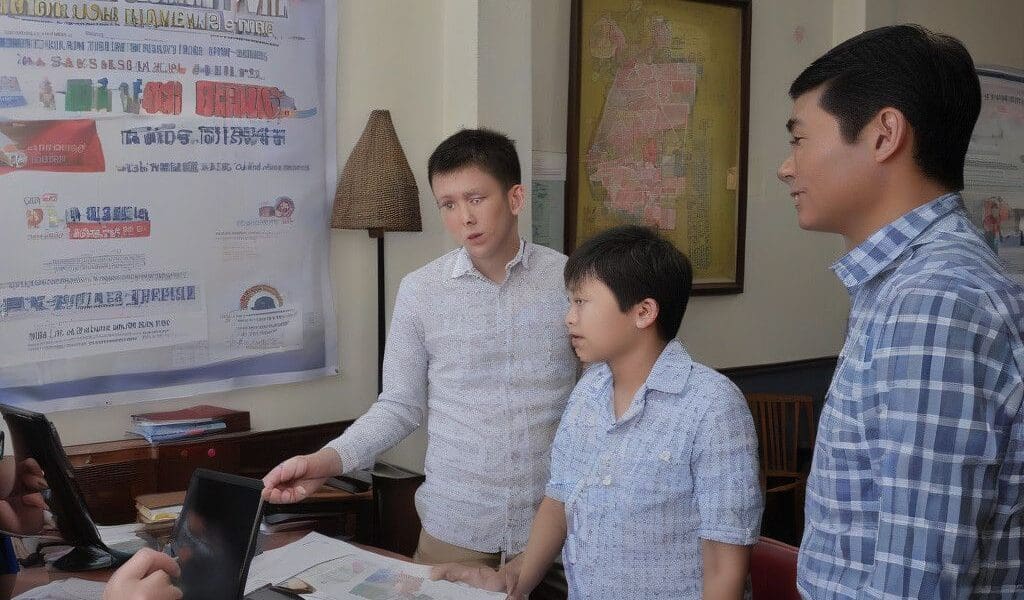Brazil’s Initiative to Curb Misuse of Social Benefits in Gambling
Brazil’s government is stepping up its efforts to address a pressing issue: the misuse of social benefits by individuals engaging in online gambling. The Social Development Ministry is set to propose measures aimed at blocking the use of cash benefits from the Bolsa Familia program for online betting activities. This initiative comes in response to alarming figures that indicate a substantial diversion of funds intended to assist low-income families.
Recent reports revealed that an estimated 5 million recipients of Bolsa Familia, a government program providing financial aid to 21 million families across Brazil, spent a staggering 3 billion reais on online gambling in August alone. This statistic is particularly concerning, as it suggests that nearly 20% of the program’s monthly budget was allocated to gambling instead of essential needs such as food and housing.
Given this context, Minister of Social Development Wellington Dias has emphasized the critical nature of the problem. He has outlined potential solutions, which include implementing strict controls to prevent benefit recipients from using their aid for wagering. One proposed control mechanism is to link benefit distribution to individual tax ID numbers, ensuring that funds are not misused.
Dias strongly advocates for these changes, asserting that the misuse of Bolsa Familia funds undermines the very purpose of the program — to support low-income families. By potentially prohibiting the spending of these benefits on gambling, the government aims to safeguard financial resources that should primarily cater to basic necessities.
Central Bank Chief Roberto Campos Neto has acknowledged the rapid rise in gambling among lower-income households. He clarified that the report indicating this trend was not a critique of Bolsa Familia. Instead, it was intended as a cautionary message about the risks that such gambling activities pose to the financial stability of vulnerable populations. The government is poised to present these new regulatory measures to President Luiz Inácio Lula da Silva for approval.
This situation raises numerous questions regarding the intersection of social benefits and personal responsibility. While some may argue that individuals should have the freedom to choose how to spend their money, the statistics reveal a troubling pattern that disproportionately affects some of Brazil’s most vulnerable citizens. Often, these families rely heavily on government support to meet their basic needs, making it imperative to ensure these funds do not end up fueling harmful habits.
Moreover, the proposed measures might serve as a framework for other countries grappling with similar issues of gambling addiction within financially distressed communities. It highlights the urgent need for national policies that can effectively balance individual freedoms with social responsibility.
As Brazil moves forward with these initiatives, it is crucial for policymakers not only to impose restrictions but also to offer education and resources to help individuals make informed spending choices. By combining regulation with education, the government can better protect low-income families from exploitation by online gambling platforms.
The future of this policy will certainly shape the discourse on social assistance programs, as Brazil attempts to strike a balance between providing necessary aid while preventing the potential for misuse. The success of these proposed measures will depend on the government’s ability to enforce the restrictions effectively and the public’s willingness to adapt to these changes.
As society increasingly recognizes the impact of gambling on financial stability, Brazil’s efforts to regulate the use of social benefits in this area could set a precedent that encourages a greater focus on responsible spending and social welfare reform. In a world where digital influence grows rapidly, it is essential for governments to ensure that support frameworks do not inadvertently contribute to the very issues they aim to mitigate.








